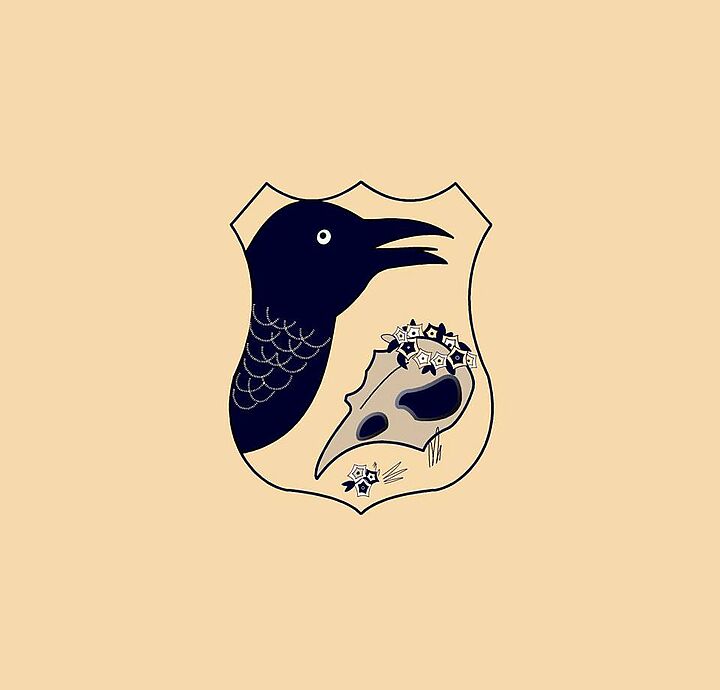Samstag, 21. April 2018, 09:00 - 15:00 iCal
Konferenz "Was bleibt von Galizien?"
Kontinuitäten - Brüche - Perspektiven.
Alte Kapelle am Campus der Universität Wien (19.4.,20.4); Seminarraum des Institutes für Osteuropäische Geschichte (21.4)
Spitalgasse 2-4 / Hof 2.8, 1090 Wien
Tagung, Konferenz, Kongress, Symposium
Weitere Termine
Donnerstag, 19. April 2018, 15:00 - 20:00
Was bleibt von Galizien? Kontinuitäten - Brüche - Perspektiven (for English version please see below)
In den letzten Jahrzehnten ist das ehemalige österreichische Kronland Galizien und Lodomerien nicht nur in Österreich zunehmend in den Blickpunkt des öffentlichen und wissenschaftlichen Interesses gerückt. Das Doktoratskolleg „Das österreichische Galizien und sein multikulturelles Erbe“ an der Universität Wien untersucht nun seit über zehn Jahren interdisziplinär verortete Fragestellungen zu den interdependenten Kulturen, Literaturen, Sprachen, Religionen, Ökonomien, ethnischen und sozialen Gruppen des österreichischen Kronlandes Galizien, sowie das Fortwirken des galizischen Erbes in der Ukraine, Polen, Österreich und der weltweiten Emigration bis in die Gegenwart hinein.
Von der ersten Teilung Polen-Litauens 1772 bis zum Ende des Ersten Weltkriegs im Jahr 1918 war das Königreich Galizien und Lodomerien eines der Kronländer Österreich-Ungarns. Mit dem Zerfall der Habsburgermonarchie 1918 verschwand jedoch diese staatsrechtliche und administrative Einheit von der Landkarte Europas. Das Gebiet des historischen Galiziens war im Laufe der zwei Weltkriege wie auch des Systemwechsels vom Sozialismus zum Kapitalismus immer wieder einem radikalen Wandel unterworfen, der alle Lebensbereiche seiner einst multikulturellen Gesellschaft durchdrungen und diese selbst tiefgreifend verändert hat. Hundert Jahre nach dem Untergang Galiziens als territoriales Gebilde setzt sich diese Konferenz zum Ziel, der Frage nachzugehen, was von dem knapp 150 Jahre bestehenden Kronland und seiner multikulturellen Lebenswelt bleibt, was durch historische Wandelungsprozesse verloren ging und welche neuen Perspektiven in der Forschung zu Galizien eingeschlagen werden können.
What remains of Galicia? Continuities - Ruptures - Perspectives
During the last decades the former Austrian crown land of Galicia and Lodomeria has shifted more and more into the public and scientific focus not only in Austria. The PhD program “Austrian Galicia and its multicultural heritage” at the University of Vienna has spent more than a decade examining interdisciplinary scientific questions concerning the interdependent cultures, literatures, languages, religions, economies, ethnic and social groups of the Austrian crown land of Galicia as well as the continued effect of the Galician heritage in Ukraine, Poland, Austria and among the worldwide emigration to the present day.
From the first partition of the Polish-Lithuanian Commonwealth until the end of World War I in 1918 the Kingdom of Galicia and Lodomeria was one of the crown lands of Austria-Hungary. But with the collapse of the Habsburg Monarchy in 1918 that constitutional and administrative entity disappeared from the map of Europe. During the two world wars as well as the system change from socialism to capitalism the territory of historical Galicia was subjected time and again to radical transformations that pervaded all aspects of life of its formerly multicultural society and brought about a profound change in this society itself. One century after the end of Galicia as a territorial entity, this conference aims to explore the question of what remains of the crown land that existed for almost 150 years as well as of its multicultural living environment, what was lost through historical transformation processes and which new perspectives can be taken in research on Galicia.
Veranstalter
Kontakt
Yuriy Remestvenskyy
Doktoratskolleg Galizien
066 827 36 16
yuriy.remestvenskyy@gmail.com
Erstellt am Montag, 12. M�rz 2018, 01:08
Letzte Änderung am Montag, 12. M�rz 2018, 09:17

